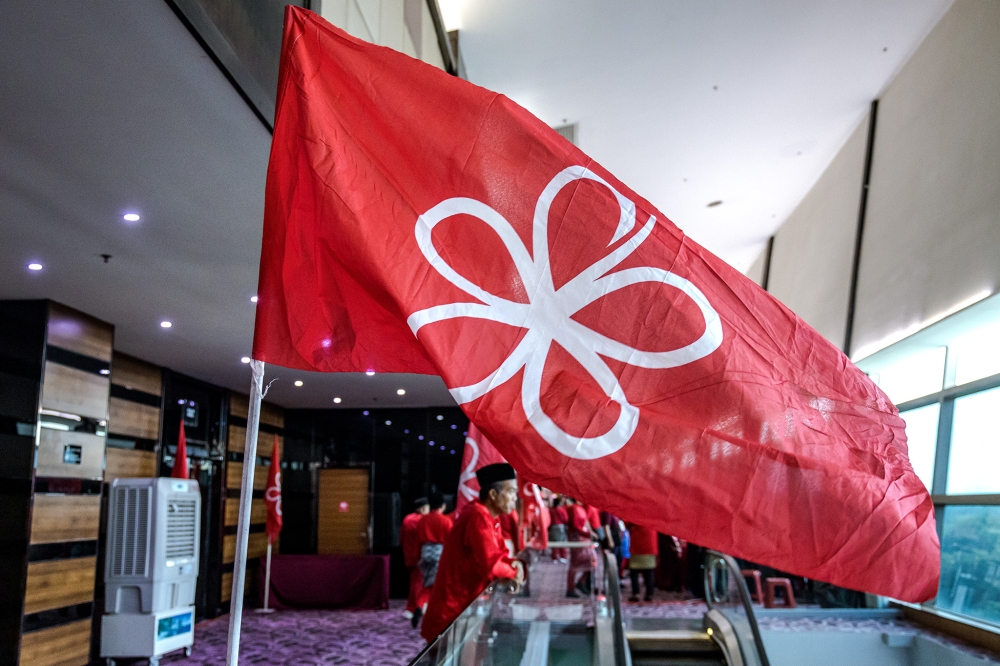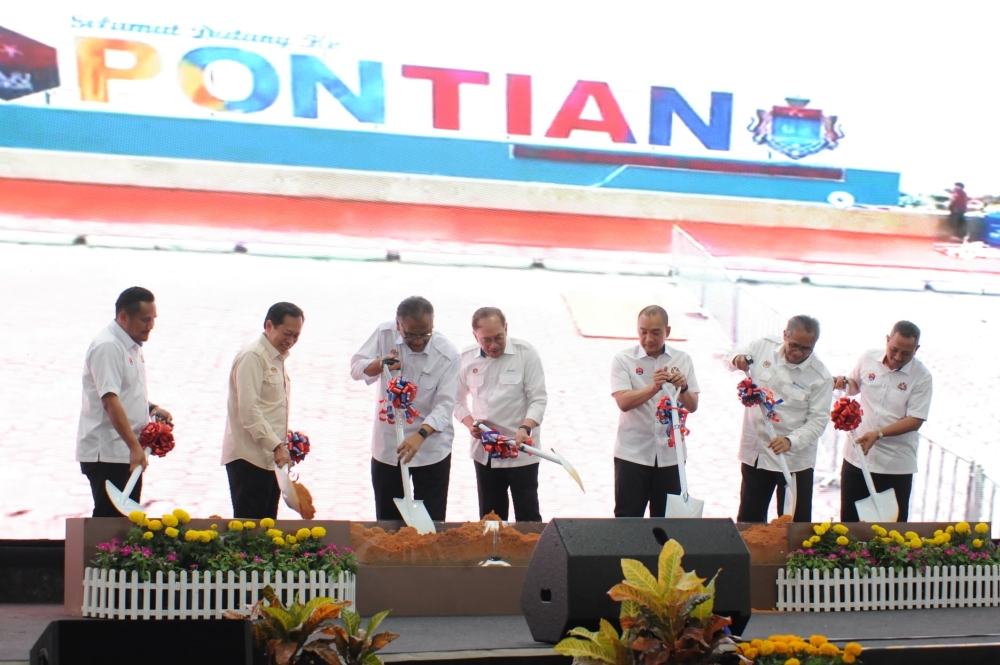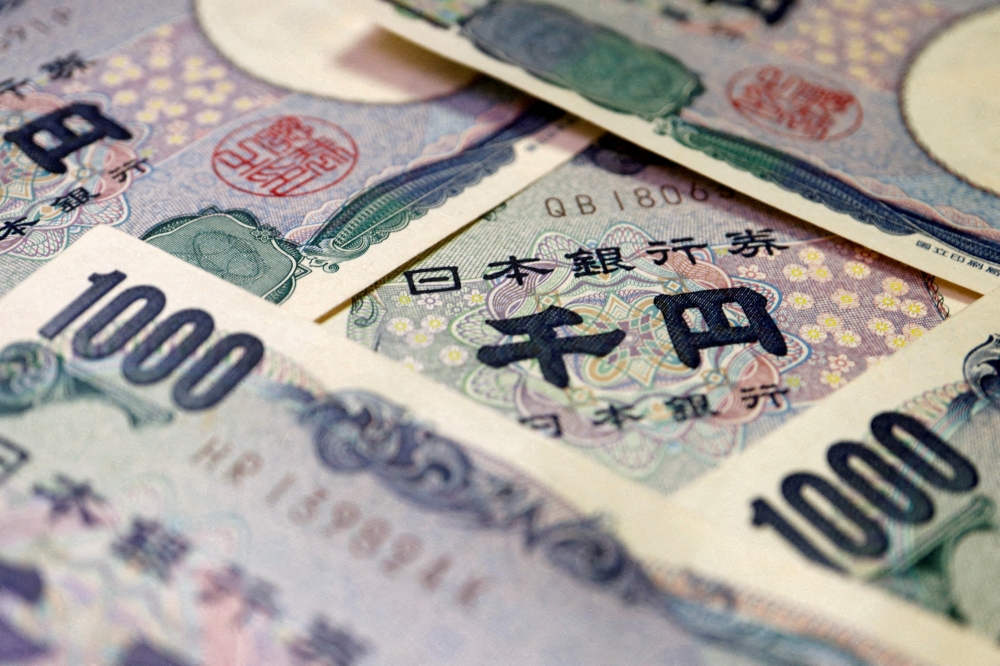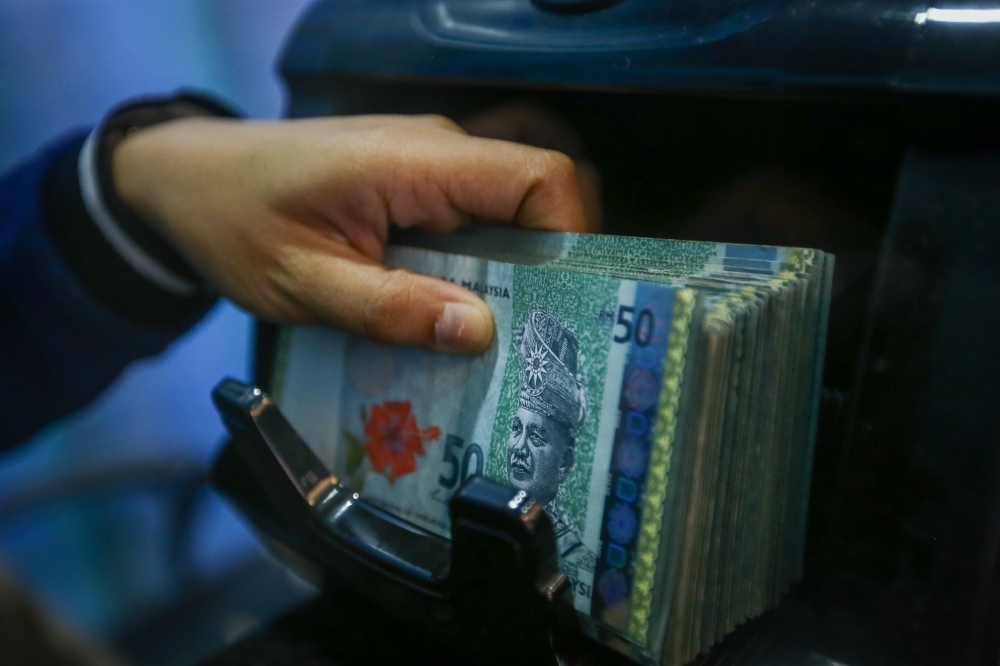JAKARTA, June 26 — Indonesia”s ban on ore exports, which choked off shipments of bauxite, spurred local companies to head to Malaysia, underlining the challenges that Southeast”s Asia biggest economy faces in trying to boost metals processing.
At least five Indonesian miners invested in Malaysia by the end of last year, teaming up with partners to extract bauxite and ship it to China, according to Erry Sofyan, chairman of the Association of Indonesia Bauxite and Iron Ore Producers. More companies may follow, Sofyan said in an interview in Jakarta.
Indonesia was the top bauxite supplier to China before the government introduced the ban in January 2014. The policy, which also covered nickel, aimed to compel investments in higher-value processing facilities to address concern the country was selling off resources on the cheap. While some smelters are under construction in Indonesia, the curb boosted prospects for rival suppliers, including the Philippines, Malaysia and Australia.
“Malaysia is the winner from the Indonesian export ban,” Sofyan said late yesterday. “It’s like a wake-up call for them. They finally realise that they have bauxite and that the metal has a good economical value. They see the opportunity and their exports are surging,” he said.
The five companies mine bauxite in Kuantan and Kelantan regions in Malaysia, according to Sofyan, who declined to identify them. Mining permits are easier to get in Malaysia, said Sofyan, who”s also a director at Harita Group.
Bambang Gatot Ariyono, director general of minerals and coal at Indonesia”s Energy and Mineral Resources Ministry, didn”t answer two telephone calls and a text message.
Surging production
Production in Malaysia more than quadrupled to 962,799 metric tons in 2014 from 208,770 tons the year before, data from the Minerals and Geoscience Department in Kuala Lumpur show. Shipments from Malaysia to China surged to 6.14 million tons in January to May compared with 126,830 tons in the same period of last year, according to China’s custom data.
Australia has also benefited from Indonesia’s curb. China’s imports of bauxite from Australia surged 53 percent in the first five months of 2015, the customs data showed. China is looking for new sources of supply, Australia”s Department of Industry and Science said in March, noting that toward the end of 2014 there was a substantial pickup in Malaysian shipments.
Indonesia may produce 6 million to 8 million tons of alumina by 2021, said Sofyan, referring to the semi-processed material that’s made from bauxite and is used to produce aluminium. PT Well Harvest Winning Alumina Refinery, a venture between Harita, China Hongqiao Group and other partners, is building a plant in Indonesia’s West Kalimantan to produce 4 million tons of alumina by 2021, he said.
The association wants the government to allow members to export bauxite under a quota system to help finance the construction of alumina projects, Sofyan said.
“Local investors don’t have cash flow, that’s what happened with the three companies, their projects stopped,” Sofyan said. The government is studying the proposal, he said. — Bloomberg






















